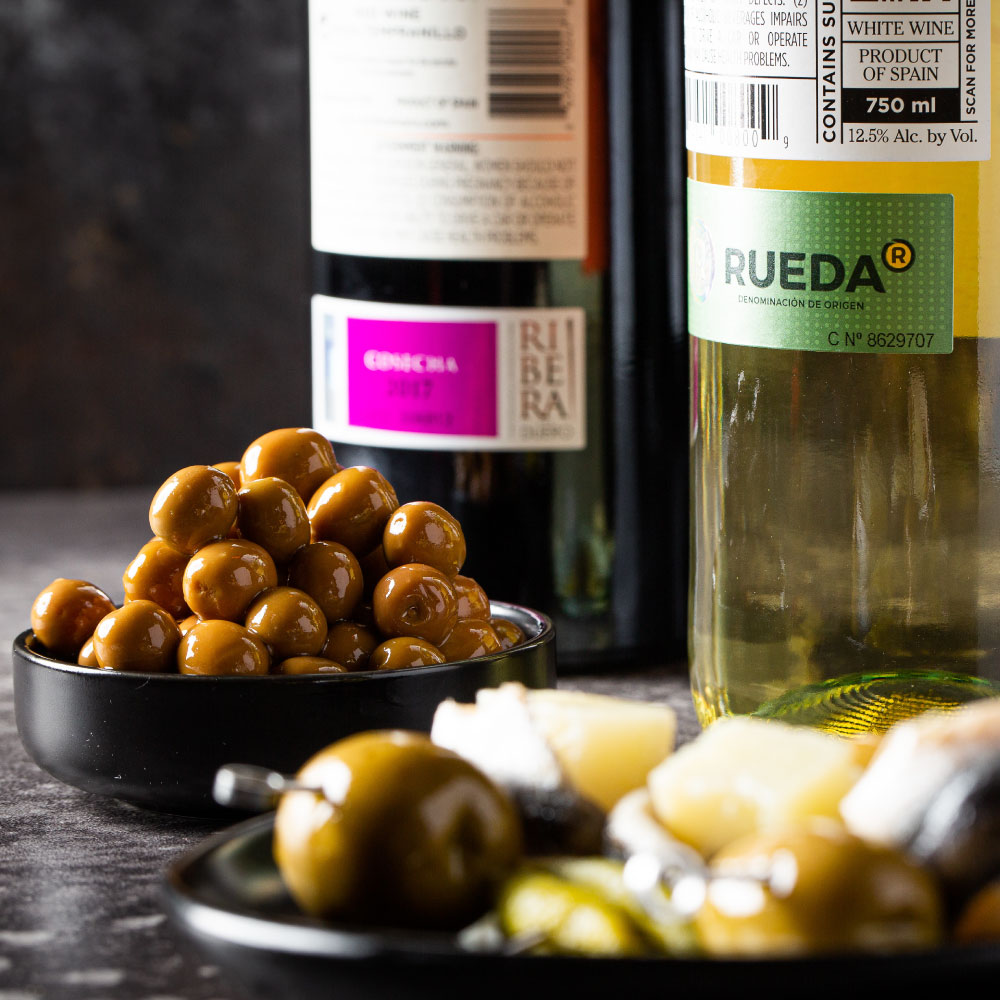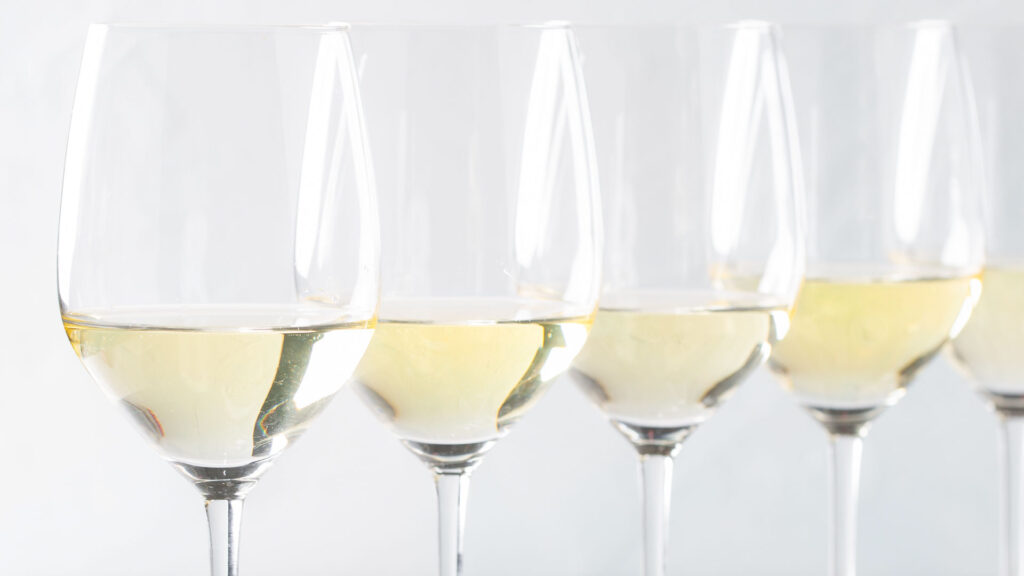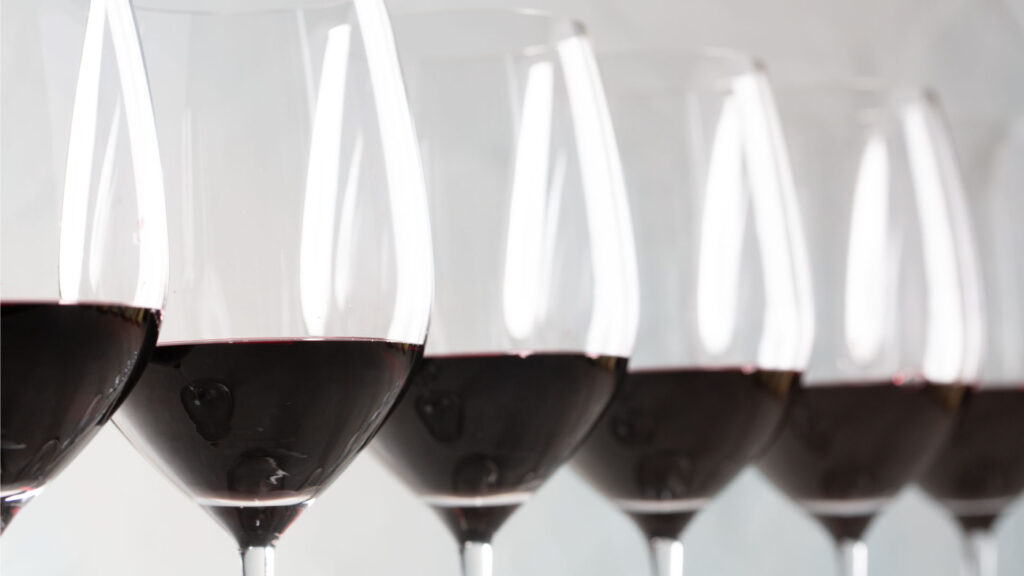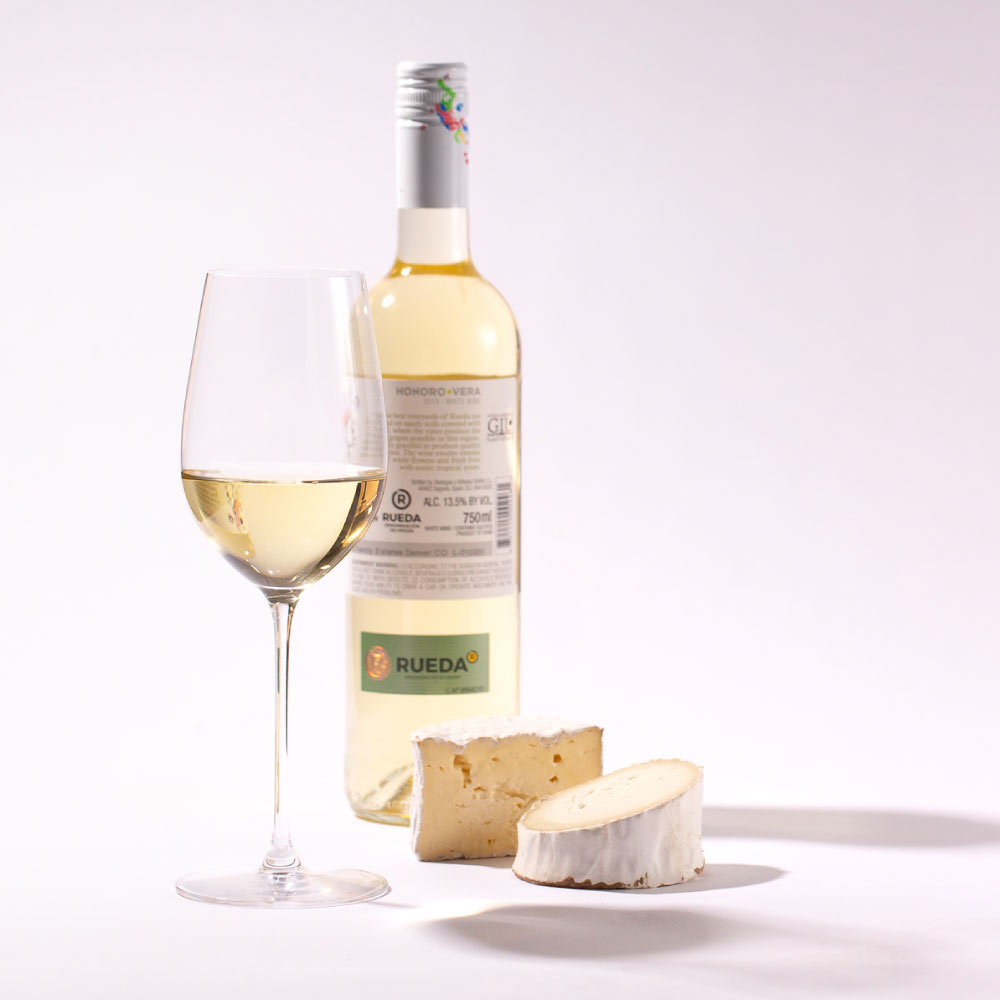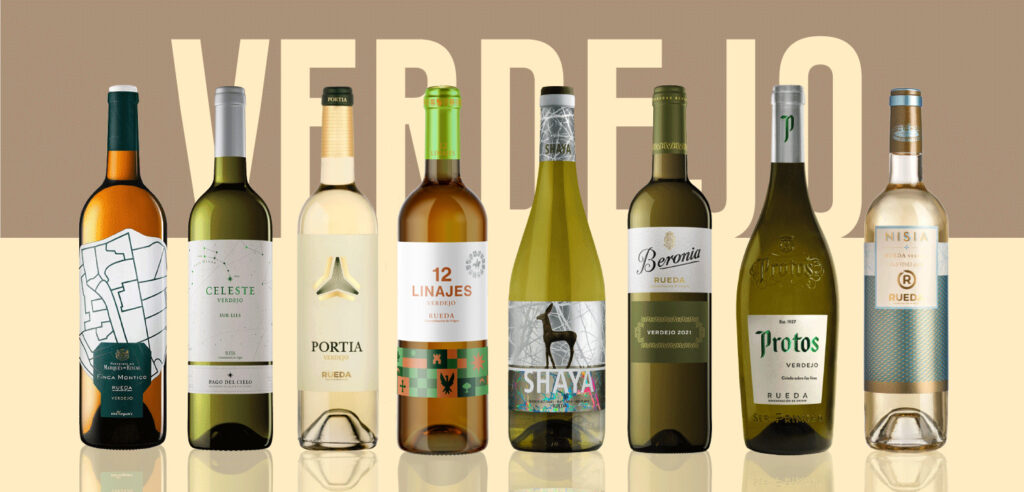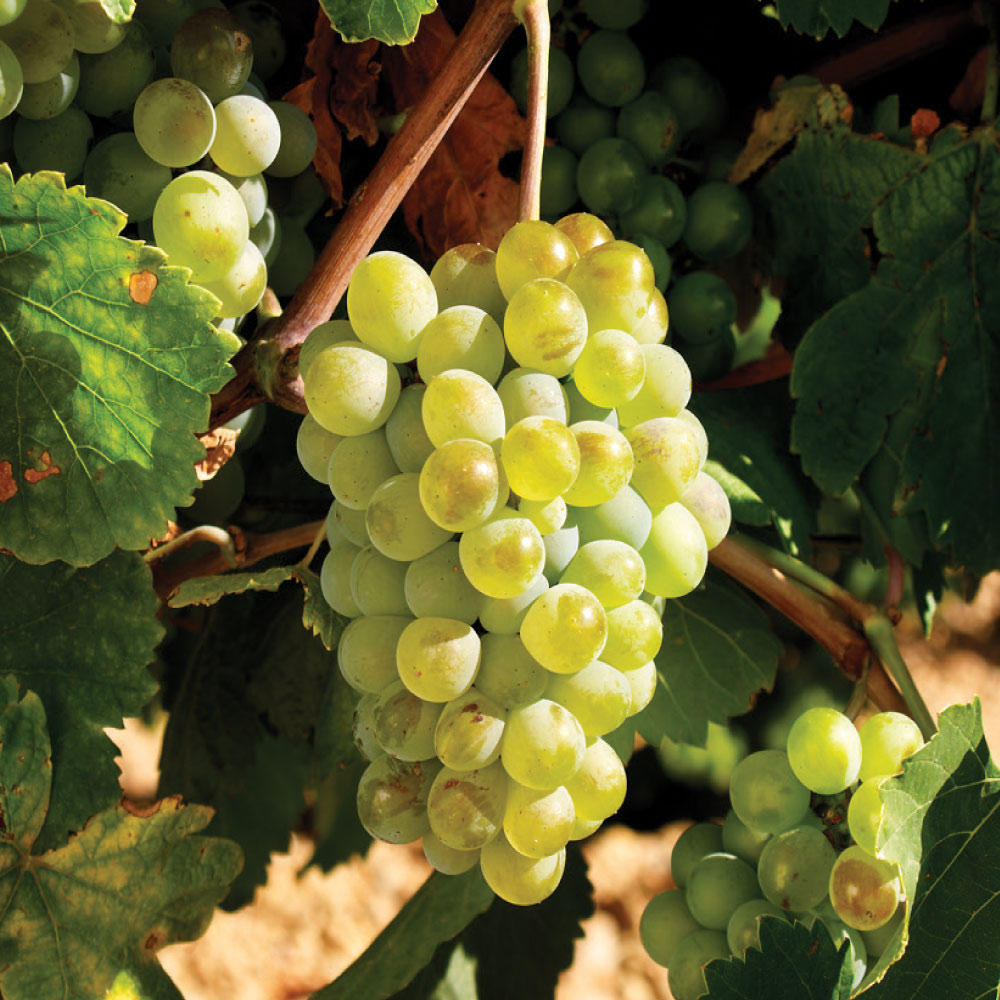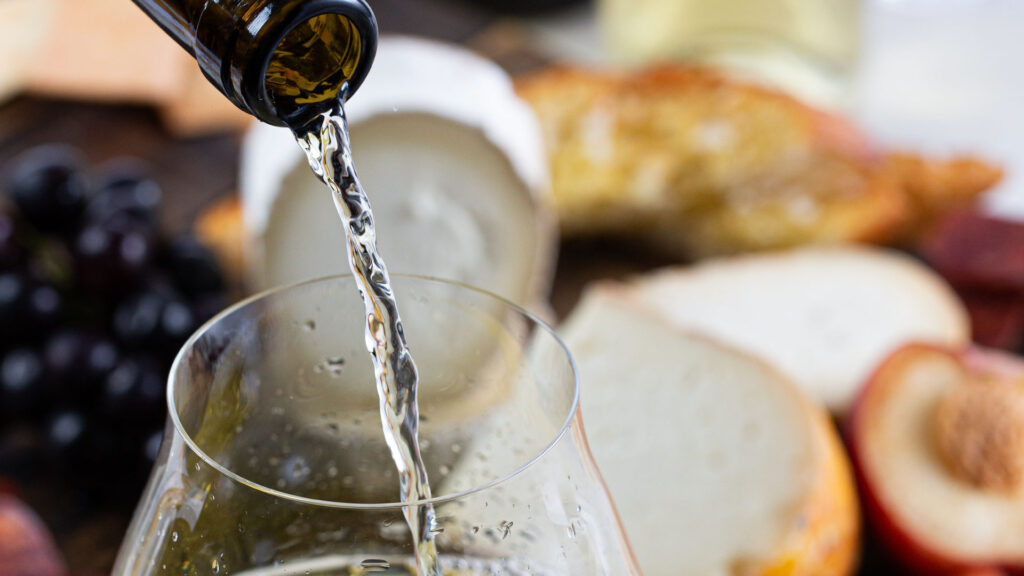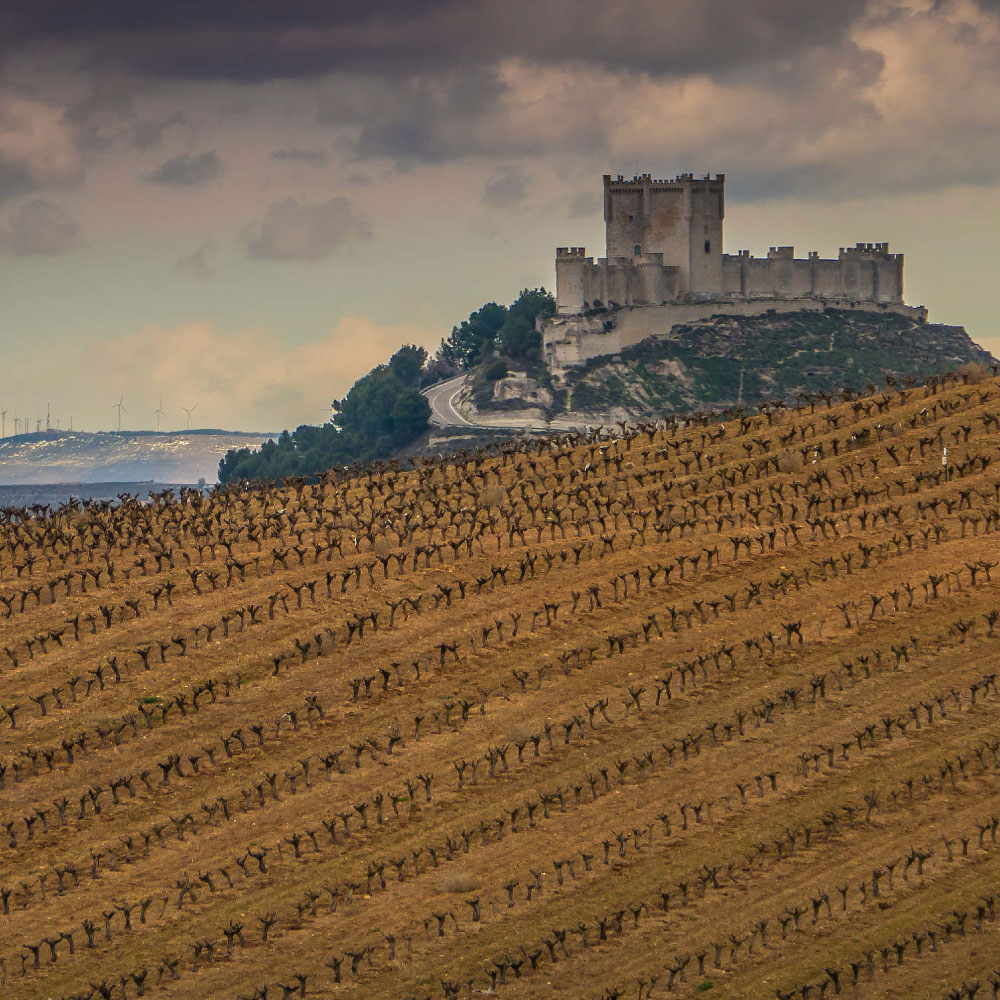Spain’s Epic White Wine Country
Rueda is one of Spain’s only designated white wine regions. Today the region produces more than 41% of Spain’s white wine production. The primary grape Verdejo is native to the area. Sauvignon is second in popularity. Other white grapes include Viura, Palomino Fino, Viognier, and Chardonnay. Visiting during Harvest was an extra exceptional experience.
6 Questions & a Story
Ribera del Duero and Rueda are two neighboring wine regions in the middle of northern Spain which, like dozens of other regions around the world, would love to sell more wine in the U.S. Most people in the trade are familiar with Ribera’s reds, with its icons such as Vega Sicilia and Pingus as well as loads of lesser-known value wines. Still, fewer know about the whites of Duero and their growing quality and value.
Wine Guy: Enjoy these Spanish and Portuguese white wines
Considering white wines from around the world, those from Spain and Portugal arguably are among the least known by consumers. And among the white wines of Spain and Portugal, Spain’s Rueda (verdejo grape) gets less attention than ... Let’s rectify that situation.
Wine Blending, Explained: How Great Vintners Craft Their Vino
On the Spanish side of the Douro River, in Ribera del Duero, winemaking at Vivaltus is performed by Montxo Martínez alongside Jean-Claude Berrouet, who made 40 vintages of Petrus before his son Olivier took over at the storied Bordeaux château. Vivaltus 2017 is made with 96 percent Tempranillo, three percent Cabernet Sauvignon and one percent Merlot.
Rueda — A Spanish Region Wine Lovers Should Know More About
If they were pressed to do so, most semi-sophisticated consumers could probably name a few of Spain’s better-known wine regions, at least as they are marketed in America — Rioja, Penedes, Navarra, Rias Baixas, La Mancha, Calatayud. How about Rueda? Just as I thought.
Top Value Verdejo Wines by James Suckling
Verdejo rarely gets the attention it deserves outside Spain even though it can deliver heritage, diversity and value in one go. For consumers who want to spend less but drink better every day, a refreshing verdejo is a great choice for summer sipping, even though its dry, crisp and bright style is by no means traditional.
Wines from Spain’s Ravishing Rueda are Perfect for Summer
The hot and muggy days of summer call for zippy refreshing wines. While many people reach for rosés at this time of the year, I find most of them to be innocuous, lacking character. Instead, I suggest trying Spanish whites from Rueda.
Why Verdejo Is The World’s Next Great White Wine & Tempranillo Is The King of Grapes in Spain
Ask any Spaniard to tell you their favorite Spanish white wine, and it’s a good bet they’ll answer Verdejo. As Spain’s number one selling white wine, Verdejo’s popularity is undeniable. Ask some of the world’s most famous winemakers inside and outside of Spain to name their favorite Spanish white wine, and the answer is likely going to be the same. Winemakers from other parts of Europe as well as within Spain view Verdejo as a grape with huge potential. As a result, these winemakers have been quietly putting down roots – literally – for the past four decades in Rueda, Verdejo’s primary growing region.
The Dozen – In Rioja’s Shadow
Almost anyone who knows Spanish wines knows a little about Rioja, considered the country’s premier red wine region. Ribera is located a little farther inland south and west of Rioja and, like Rueda, lies along the Duero River (which becomes the Douro when it reaches Portugal). But while both regions have made wine for years, they did not get their appellations until the early 1980s.

